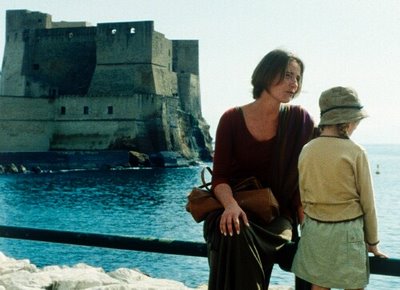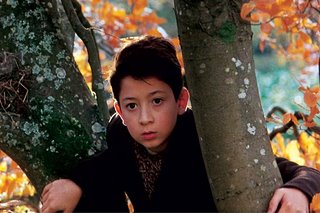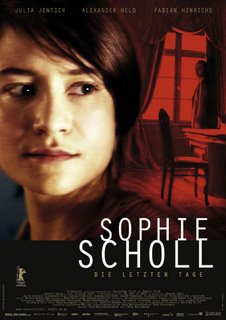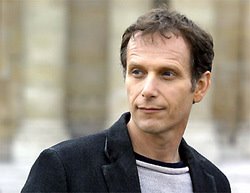If ever you ask me who has got the most beautiful voice in the world, well the answer would be Bocelli straight away. He ranks very high among the most sought after professional opera singers, writers and music producers in the world alongside legends like that of Luciano Pavarotti and Joan Sutherland. Born on the 22nd of September, 1958, Bocelli is basically Italian, but how many languages he sings in, i never really managed to find out! Bocelli was born with congenital glaucoma, and was blinded at the age of 12 by a cerebral hemorrhage, which he suffered when hit on the head playing football.
The first time I listened to his voice was over a cheap audio casette which i played in my car, some four years back. Lemme see, it was a Grammy nominees compilation. Some nice songs were playin. Then came Sogno, and thats it - I was so stunned by the quality of his voice over all that static hiss and the traffic at Usman road, T.Nagar that i couldn't drive properly and my car went into fits, well atleast until the voice ebbed away finally - I never dared to turn it off!
His albums include
- Romanza (1996)

- Aria - The Opera Album (1997)
- Hymn for the World (1997)
- II Mare Calmo Della Sera (1998)
- Viaggo Italiano (1998)
- Bocelli (1998)
- Hymn for the World 2 (1998)
- Sogno (1999)
- Sacred Arias (1999)
- Verdi (2000)
- La bohème (2000)
- Cieli di Toscana (2001)
- Sentimento (2002)
- Tosca (2003)
- Il trovatore (2004)
- Andrea (2004)
- Werther (2005)
Do get hold of his CD, or if you are thrifty enough like me, get the torrent from here and download it. Its a healthy torrent, enjoy!





















